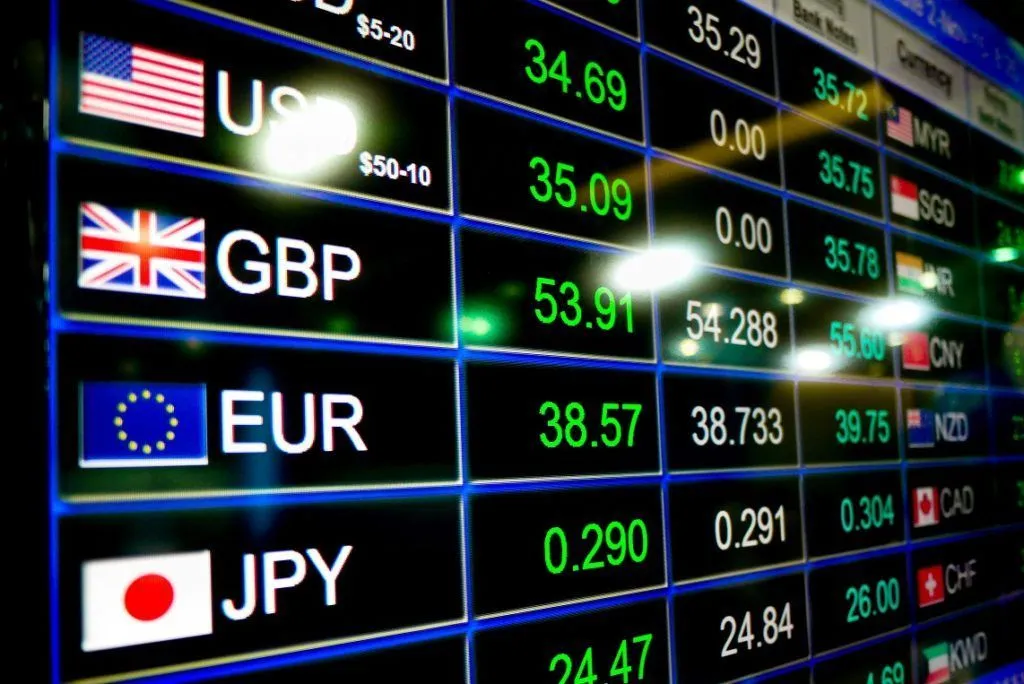Embarking on the journey to learn forex trading as a beginner can be both exciting and challenging. The foreign exchange market, or forex, is a dynamic and decentralized market where currencies are traded globally. This comprehensive guide aims to provide beginners with the essential knowledge and practical insights needed to navigate the world of forex trading.
Understanding the Basics:
- What is Forex Trading?Forex trading involves the buying and selling of currencies with the aim of making a profit. The forex market operates 24/5 and is the largest financial market globally.
- Currency Pairs:Currencies are traded in pairs, consisting of a base currency and a quote currency. Common pairs include EUR/USD (Euro/US Dollar) and GBP/JPY (British Pound/Japanese Yen).
- Pips and Lots:In forex trading, price movements are measured in pips (percentage in points), and trading volume is measured in lots. Understanding these terms is crucial for analyzing price changes and managing trade sizes.
Getting Started:
- Setting Up a Trading Account:To begin forex trading, you’ll need to open an account with a reputable forex broker. Ensure the broker offers a user-friendly platform, educational resources, and a demo account for practice.
- Learning the Basics of Technical and Fundamental Analysis:Technical analysis involves studying price charts and using indicators to predict future price movements. Fundamental analysis, on the other hand, focuses on economic indicators, geopolitical events, and market news.
- Risk Management:Managing risk is a fundamental aspect of successful forex trading. Set stop-loss orders, diversify your portfolio, and only invest what you can afford to lose.
Educational Resources:
- Online Courses:Numerous online platforms offer beginner-friendly courses on forex trading. These courses cover everything from market basics to advanced trading strategies.
- Books:Reading books written by experienced traders can provide valuable insights. Look for titles like “A Beginner’s Guide to Forex Trading” by Matthew Driver or “Currency Trading for Dummies” by Brian Dolan.
- Webinars and Seminars:Participating in webinars and seminars hosted by industry experts can offer real-time insights and opportunities to interact with experienced traders.
Developing a Trading Strategy:
- Choose a Trading Style:Determine whether you want to be a day trader, swing trader, or a long-term investor. Each style requires a different approach to analysis and risk management.
- Create a Trading Plan:Outline your goals, risk tolerance, and strategy. A well-defined trading plan can help you stay disciplined and focused during volatile market conditions.
- Practice with a Demo Account:Most brokers offer demo accounts with virtual money. Use this opportunity to practice your strategies and familiarize yourself with the trading platform.
Staying Informed:
- Follow Market News:Stay updated on economic indicators, central bank decisions, and geopolitical events. Market sentiment can be heavily influenced by news, impacting currency values.
- Use Economic Calendars:Economic calendars provide schedules of key economic events and announcements. These calendars help traders anticipate market movements and plan their trades accordingly.
Conclusion:
Learning forex trading as a beginner requires dedication, continuous education, and a strategic approach. By understanding the basics, setting up a trading account, utilizing educational resources, and developing a solid trading strategy, beginners can navigate the complexities of the forex market with confidence. Remember, success in forex trading comes with experience and a commitment to ongoing learning. Happy trading!
- Get Free Forex Signal everyday

